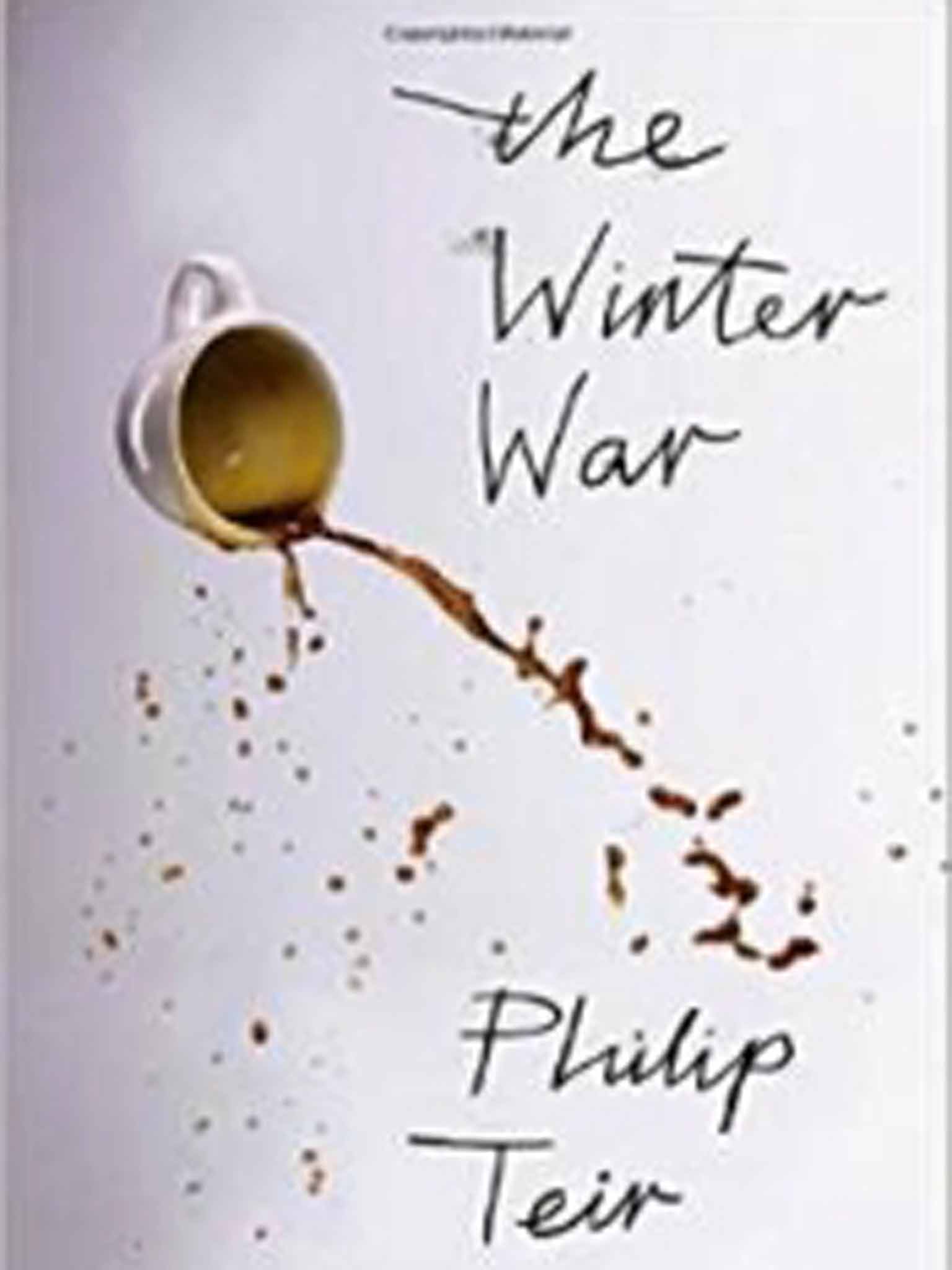The Winter War by Philip Teir, translated by Tiina Nunnally - book review: Scandinavian unhappiness in a caustic portrait
The Winter War is a caustic portrait of the unhappiness that lurks beneath the "polished bourgeois conviviality" of liberal, middle-class society

Finn/Swede Philip Teir's debut is a contemporary family-drama set in Helsinki, and it has seen him hailed as a Scandinavian Jonathan Franzen. All the ingredients are there: a husband and wife on the verge of divorce after 30-plus years together, and their two grown-up children, each with problems of their own. Max is a sociologist colloquially known as "the sex professor".
Two decades ago a prominent newspaper named him one of the country’s "young intellectuals of the year", but he hasn’t published anything in a while, plus he’s about to hammer the final nail into the coffin that is his already failing marriage by falling into bed with a younger woman.
There’s little left for his wife Katriina but to focus all her attention on plans for the new kitchen she’s been dreaming about for years. Their youngest daughter, 29-year-old Eva, is making her own mistakes while studying in London.
Meanwhile, back in Finland, her sister Helen battles the daily grind of work, motherhood, and an unsatisfactory marriage of her own. There’s even a scene on a cruise ship – though rather than The Corrections’ Alfred Lambert’s Parkinson’s-induced hallucinations that his faeces are talking to him, here the crazy is provided by a Moomin Disco, complete with an ungainly Moominpappa floored by his own pirouettes whilst dancing to the techno beat: "His snout had been knocked sideways so it looked as if it had twisted 90 degrees. It was a grotesque sight, like an animal that had been struck by a car." This is one of the best scenes: a perfectly pitched mix of the comic, pathetic, and slightly disconcerting.
Teir also replicates that familiar slightly removed observational commentary, especially when it comes to Eva, who’s sleeping with her tutor: "When he entered her from behind, she couldn’t help feeling a certain ecstatic pride that she’d made it this far – none of her friends back home in Finland had ever moved further away than to Stockholm." It’s all almost too perfectly observed, too coolly knowing, though.
The Winter War is a caustic portrait of the unhappiness that lurks beneath the "polished bourgeois conviviality" of liberal, middle-class society, played out against long, snowy Finnish nights, the darkness and cold of which induce a desperation that pervades the entire text. The freshness of the Nordic setting, however, doesn’t detract from the fact that ultimately we’ve read it before. It’s not boring or badly written, just unremarkable: greying slush rather than sparkling new snow.
Subscribe to Independent Premium to bookmark this article
Want to bookmark your favourite articles and stories to read or reference later? Start your Independent Premium subscription today.

Join our commenting forum
Join thought-provoking conversations, follow other Independent readers and see their replies